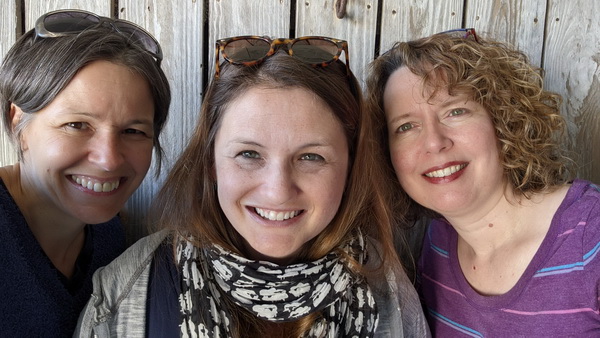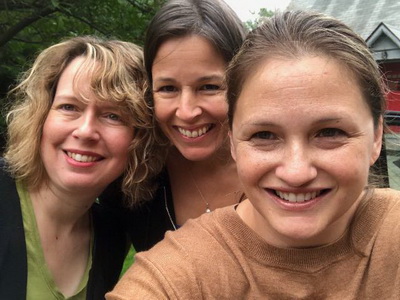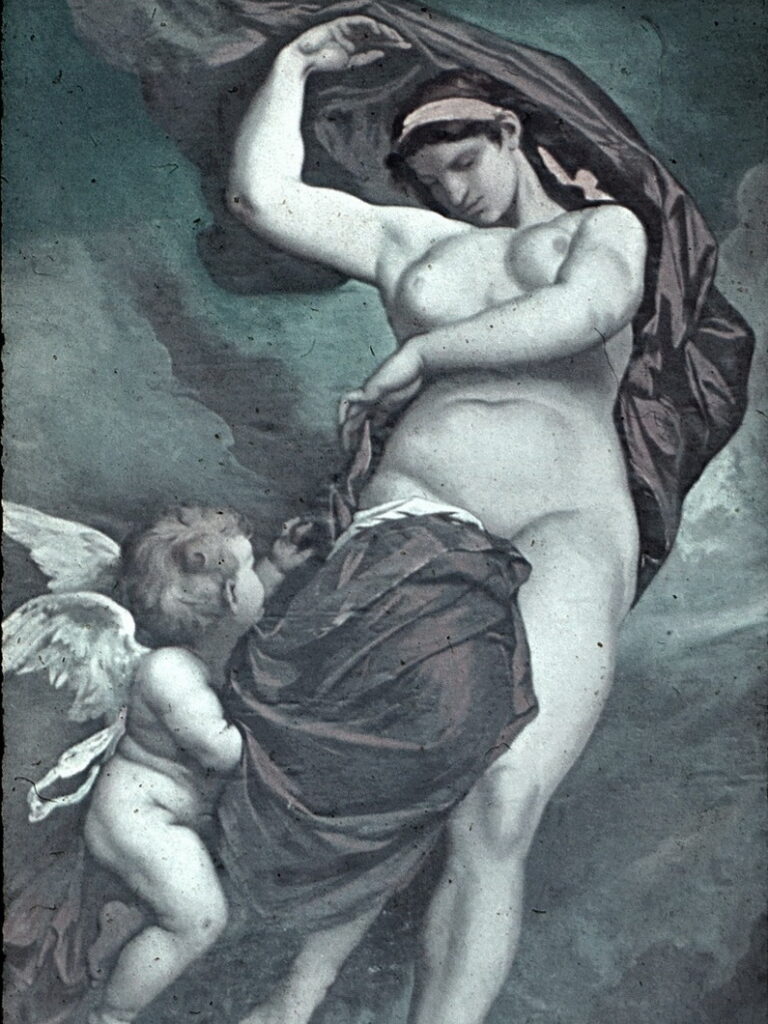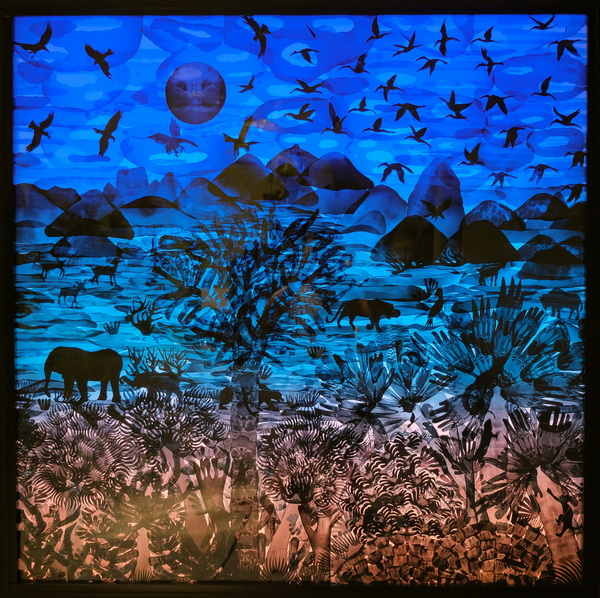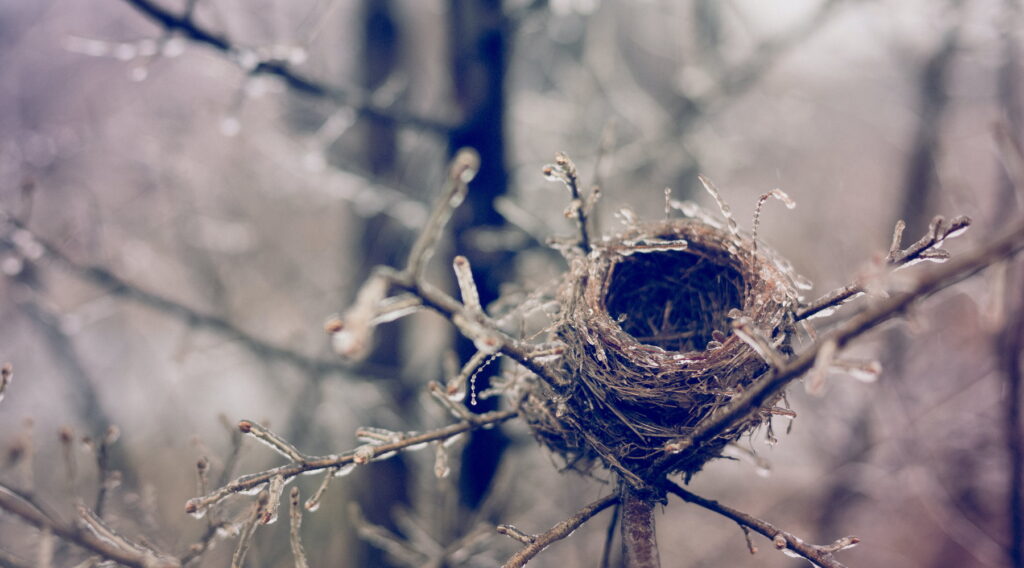March 2024
From the Editors
The world spins. We stumble on. It is enough. — Colum McCann
The world, insistent, spins. Mid-whirl, we might listen to Victoria Melekian’s entreaty in “How to Embellish an Upper Case V and Not Ruin It”: “Do not bedazzle. Moderation is key.” We stumble on, wondering what happens to all the “roses and ropes and terra cotta pots stained white with minerals” that Kathleen McGookey puzzles over in “Beginning with a Line from Roethke.” Likely we are not meant to know. We are meant only to wonder, “why does time flow one way,” an apt question posed by Claire Scott in “And the Point Is to Live Everything.” The world spins, we stumble and puzzle and wonder, then right ourselves to focus on the task at hand: remember the lost loved one, consider the passage of time, and always, always, execute the perfect V. It is more than enough.
—Claire, Suzanne, Cheryl
Join Our Growing Community
We’re in our fourth season here at Waterwheel Review, and we couldn’t be happier. But we have big dreams. Right now we have two ways—in addition to being an author or maker—to be a part of our labor of love.
1. Sign up for our newsletter.
You’ll know when each issue goes live and learn news about WWR and our authors.
*We promise never to sell or share your information. We hate spam as much as you do. For more info, read our full Privacy Policy.
2. Support literature without labels.
All expenses are out of pocket. Any help goes to our submissions manager and media. We would LOVE to one day pay authors, hold contests, speak at conferences… (slow down, deep breath). Thank you for supporting literature and art!
